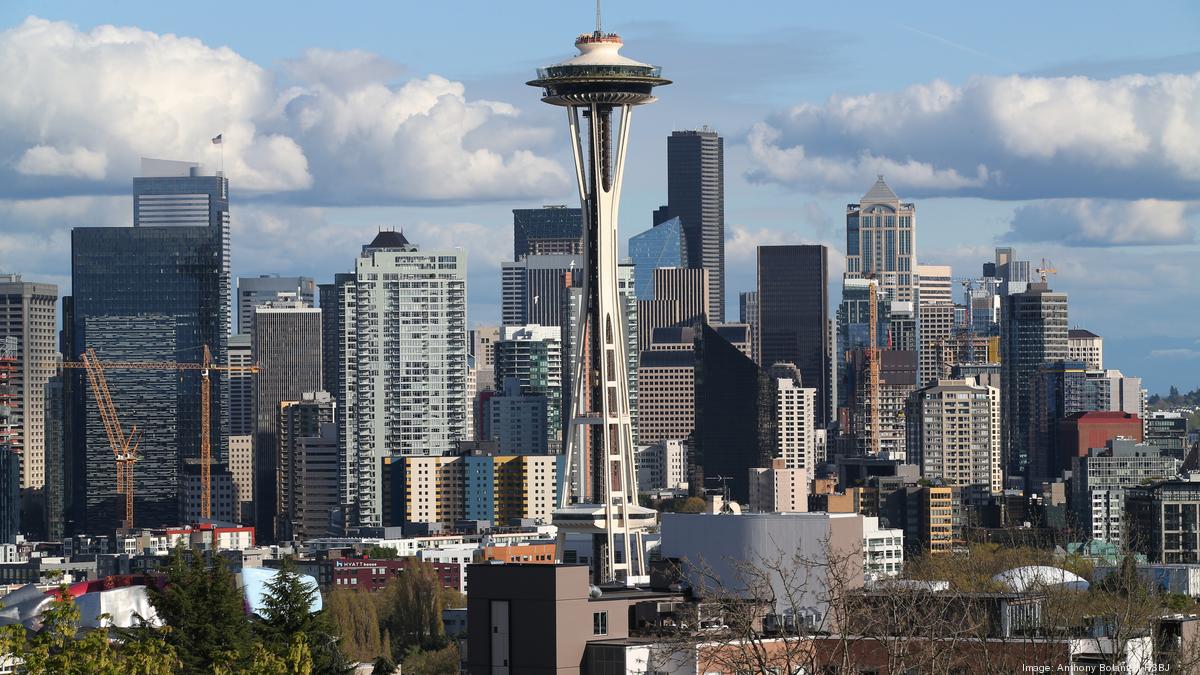On Feb. 14, Seattle voters will decide on Initiative 135, an initiative to create the Seattle Social Housing Developer, a public development authority to own, develop, and maintain what the initiative describes as social housing. According to Initiative 135, this housing would provide publicly financed apartments that are “removed from market forces and speculation” and built “with the express aim of housing people equitably and affordably … to remain affordable in perpetuity.”
Under Initiative 135, the public developer’s housing units would be available to those with a mix of income ranges from 0% to 120% of the area median income (which was $120,907 as of 2022). Rent prices would be limited to 30% of household income. Applications would not include prior rental references, co-signers, background checks, or application fees. Tenants would be selected using a lottery-based system.
As a public corporation, the Seattle Social Housing Developer would be allowed to issue bonds, receive federal funds and grants, receive private funds, and collect revenue for services.
House Our Neighbors! (HON), also known as Yes on I-135, is sponsoring the initiative. House our Neighbors needed to submit 26,520 valid signatures to qualify for the ballot. The group submitted 27,220 valid signatures.
HON stated, “Social Housing is publicly owned forever, permanently affordable, and creates cross-class communities and resident leadership. In countries around the world, such as Singapore, Austria, France, Uruguay and Canada, housing is a public good. Unlike in the United States, governments, not the private sector, are directing the housing market. By creating a community-controlled Social Housing Developer to buy and build housing that will be available to those across the income spectrum, Seattle will have another critical tool to address the suffering, displacement, and inequity that defines our housing landscape. We can create a Seattle not just for those with generational wealth and high incomes, but where ALL can live and thrive.”
The measure has received endorsements from State Sens. Joe Nguyen (D) and Rebecca Saldana (D) and State Reps. Frank Chopp (D) and Nicole Macri (D). It is also endorsed by the Green Party of Seattle and the Working Families Party of Washington.
The Housing Development Consortium, a non-profit organization based in Seattle with a mission to “build, sustain, and inspire a diverse network committed to producing, preserving, and increasing equitable access to affordable homes” released a statement on Initiative 135, writing, “The primary constraint on our ability to scale proven affordable housing models is the limited public resources available to fund affordable housing. … we are concerned [the initiative] distracts funds and energy away from what our community should be focusing on – scaling up affordable housing for low-income people. We do not need another government entity to build housing when there are already insufficient resources to fund existing entities. … The proposed new public development authority (PDA) would not have the authority to impose taxes on its own, so the funds necessary to set up the additional citywide PDA would likely draw from existing affordable housing funding that could otherwise be dedicated to creating homes for our lowest-income neighbors.”
Currently, the Seattle Housing Authority, an independent public corporation, provides low-income housing and rental assistance to 17,945 households. The SHA owns and operates 8,530 apartments and single-family homes in Seattle. Eighty-five percent of SHA housing serves households with incomes at or below 30% of the area median income (about $36,270). Funding for the Seattle Housing Authority comes from the U.S. Department of Housing and Urban Development (HUD), rent revenue, and public and private grants. The Social Housing Developer would not replace the Seattle Housing Authority.
Mail ballots must be postmarked no later than February 14 or returned to a ballot drop box by 8 p.m. on February 14. In Washington, individuals who prefer to vote in person rather than by mail may do so at voting centers, which are open during business hours for 18 days prior to the election. Washington allows for same-day voter registration.


